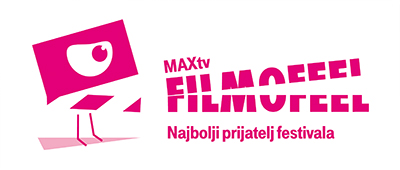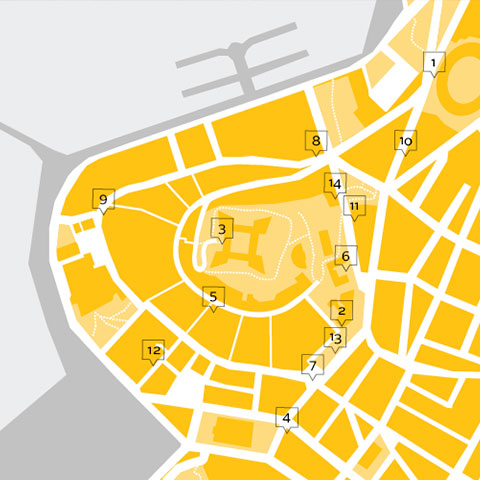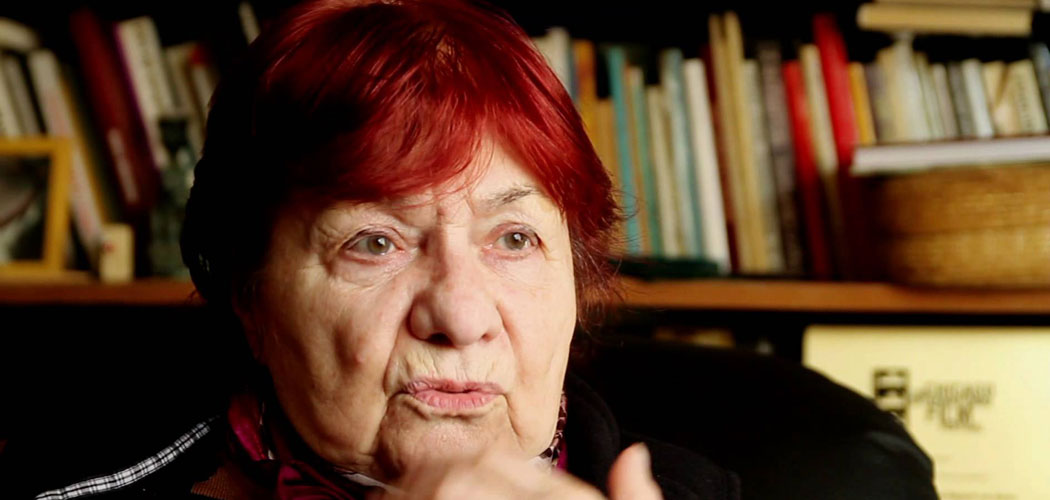
|
After completing her studies at the Moscow International Film School VGIK, Màrta Mészáros (1931) returned to her native Hungary where she began by mainly making documentaries. Her debut feature film, The Girl (1968), was the first Hungarian feature film directed by a woman. In 1975 she received a Golden Bear at the Berlinale for her drama, Adoption. She was the first woman ever to win a Golden Bear. The film marked her international breakthrough. Her next film, Nine Months (1976), won the FIPRESCI prize in Cannes, and Diary for My Children, blocked for two years inside of Hungary, won the Grand Prize at the 1984 Cannes Film Festival. Semi-autobiographical, the series that she launched in 1984 with the black and white Diary for My Children was followed by three other colour films, Diary for My Loves, Diary for My Mother and Father and Little Vilma: The Last Diary. She combines intimate stories with politics, showing events through the eyes of a young girl who went back to Hungary after the war, following the death of her parents, and confronted with a post-Stalinist society where suspicion runs rampant. Adoption (1975.) |
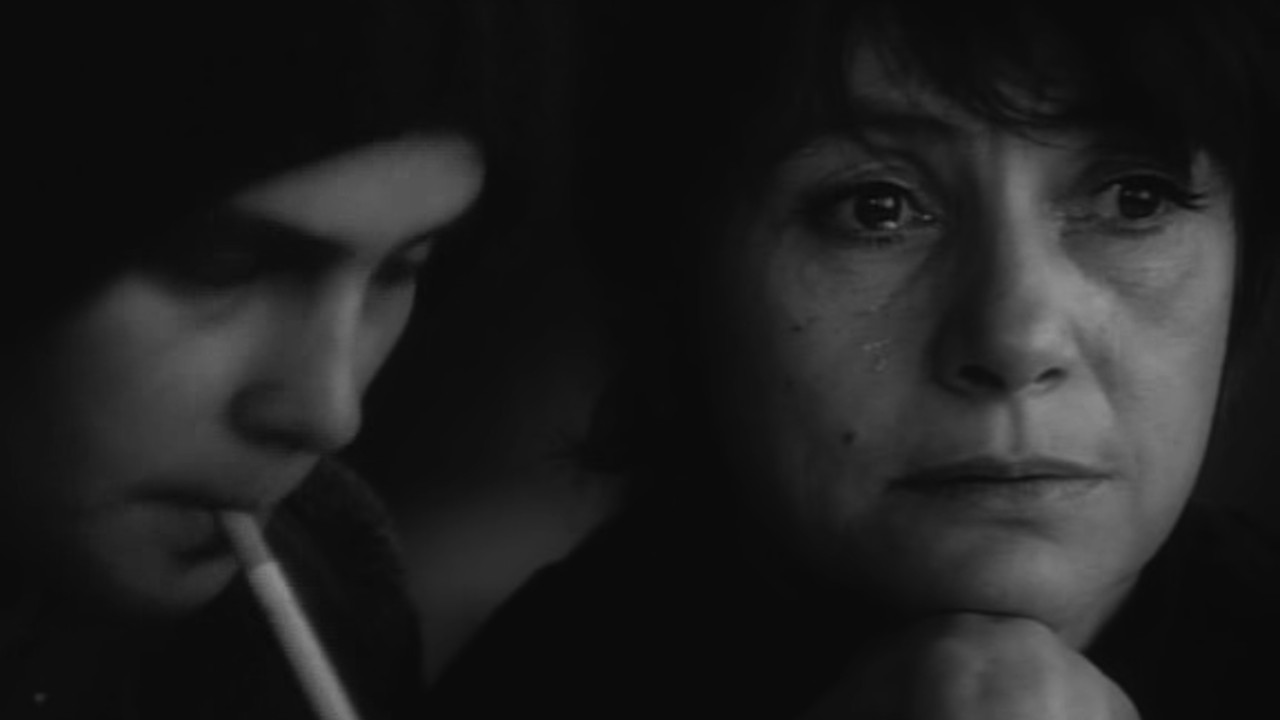
|
ADOPTION (Örökbefogadás) DIRECTOR: Márta Mészáros The film zeroes in on two women: Kata, older and widowed, and Anna, a downtrodden young women kept in a children's institution by her unloving parents. Her own sense of self-value strengthened by an unhappy love affair, Kata helps free Anna from her family's influence. Anna gets married, while Kata adopts a child from the institution where Anna had previously dwelled. 1975 89' Hungary Berlinale 1975 (Golden Bear) |
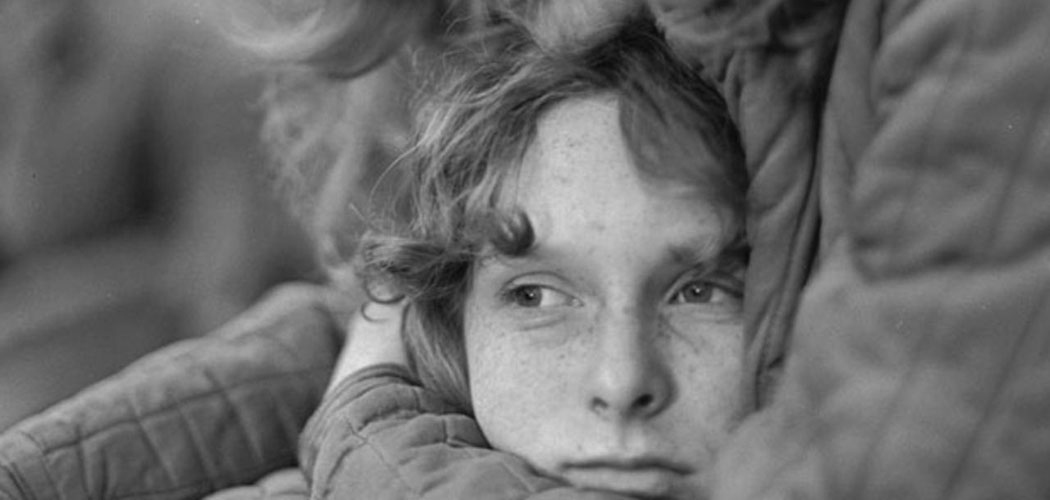
|
DIARY FOR MY CHILDREN (Napló gyermekeimnek) DIRECTOR: Màrta Mészáros Juli is a young woman returning home to Budapest in 1947 from the Soviet Union where her parents were exiled and had died. Scarred by the wounds of the past, she is repulsed to see the very same spectre of Stalinist oppression now rife in her homeland. Film resonates with the spirit and the struggles of her past – a passionate yet critical study of personal and political awakening told in ruthlessly unsentimental fashion. It was rejected by Communist censors for over a decade. 1984 106' Hungary Cannes Film Festival 1984 (Special Jury Award) |
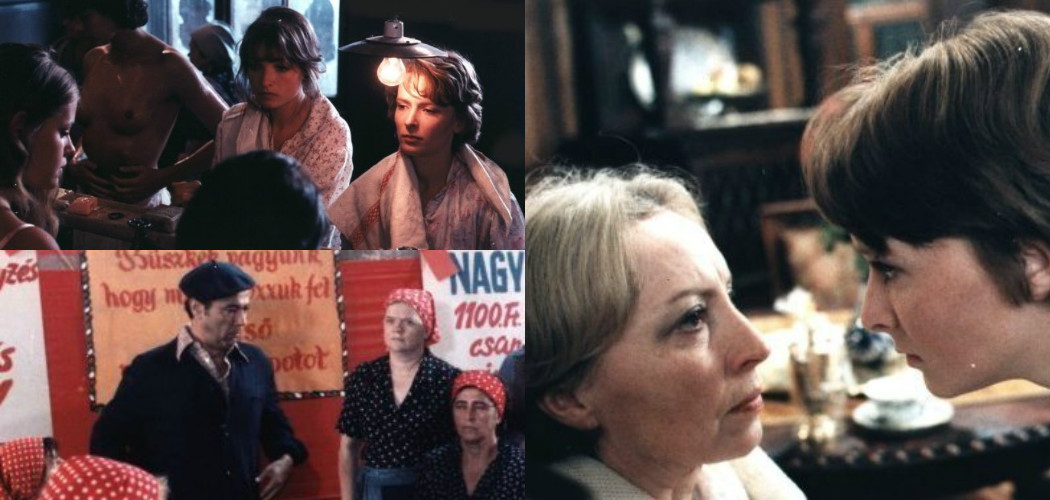
|
DIARY FOR MY LOVES (Napló szerelmeimnek) DIRECTOR: Màrta Mészáros The sequel to Diary for My Children takes up where the earlier film left off in 1949 and concludes in 1956, a traumatic year for Hungary. Film represents another frank portrait of the 1950s from the Hungarian cinema, told from a personal viewpoint. 1987 141' Hungary Berlinale 1987 (Silver Bear) |
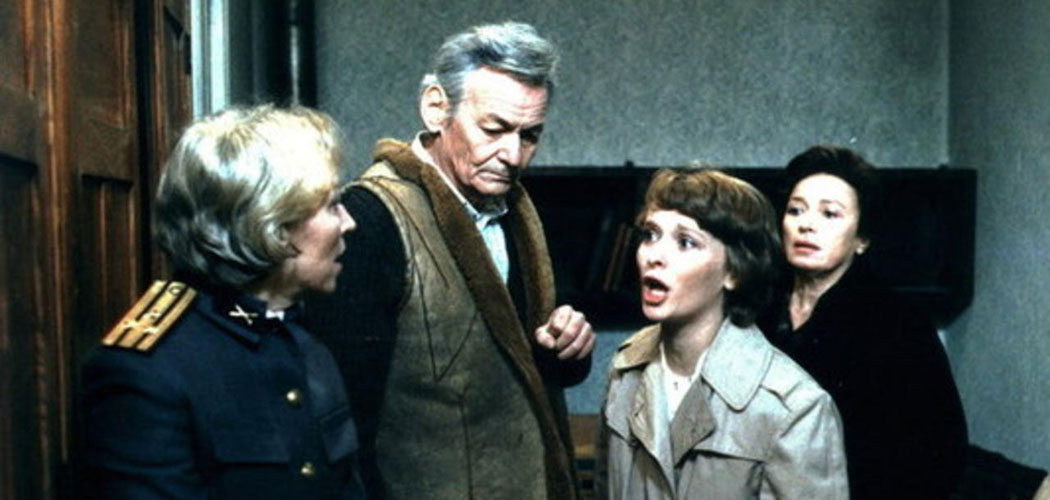
|
DIARY FOR MY FATHER AND MOTHER (Napló apámnak, anyámnak) DIRECTOR: Márta Mészáros The last entry in the semi-autobiographical trilogy centres on the events from the period of the anti-Soviet uprising in Budapest. In this part we meet János, her aunt’s lover, who participates in the uprising. 1990 119' Hungary |
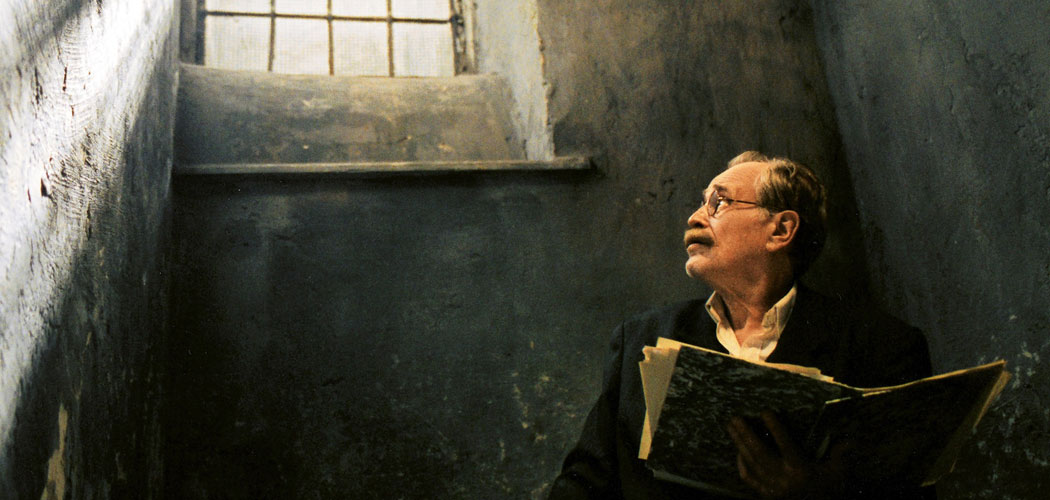
|
THE UNBURIED MAN (A temetetlen halott) DIRECTOR: Márta Mészáros Thanks to his courageous stand, Imre Nagy (Communist Premier 1953 – 1956) became a symbol of the Hungarian Uprising, which was violently crushed by the Soviet Army. He and his liberal government urged that the state-run economy and its social gains be connected with political democracy. He was imprisoned, and despite violent coercion, he never recognized János Kádár’s workerpeasant government. In 1958, after a staged trial and subsequent execution, he was buried anonymously. He was rehabilitated and his remains were reburied in 1989. 2004 127' Hungary, Slovakia, Poland Karlovy Vary International Film Festival 2004 |



